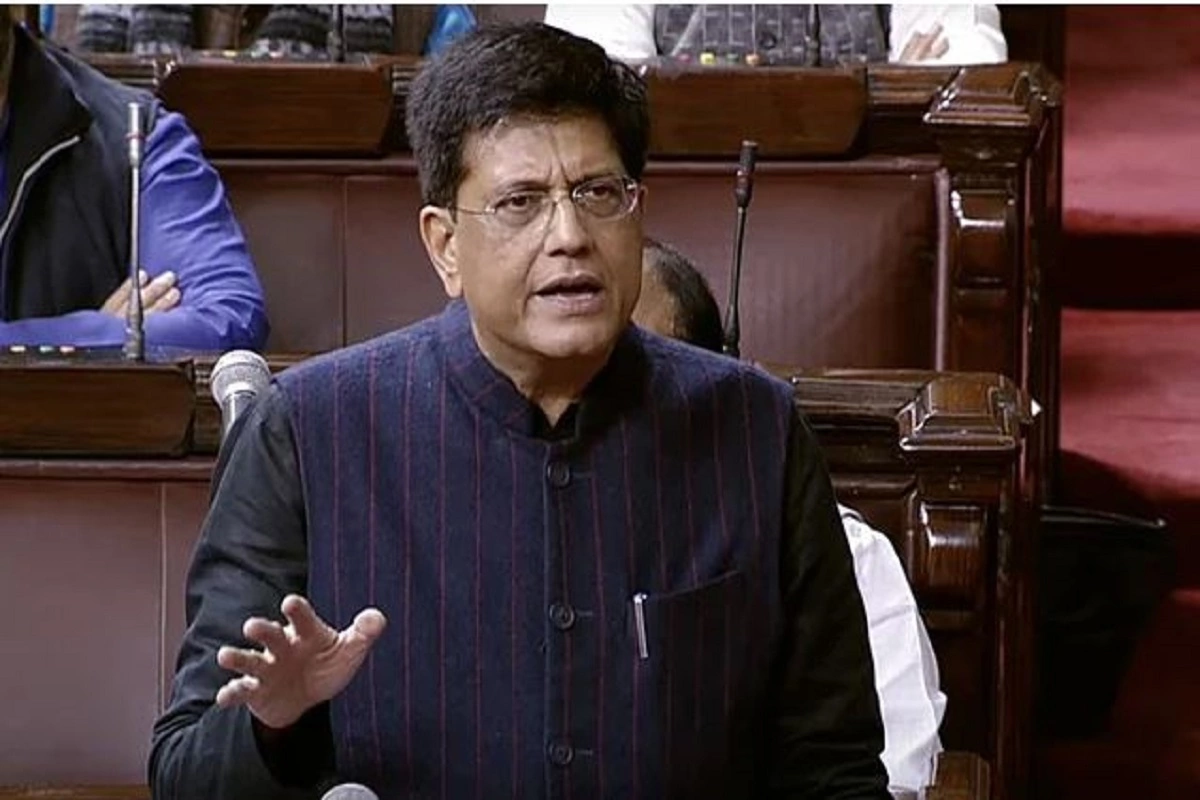
Piyush Goyal
From New Delhi’s perspective, the main goal of the ongoing negotiations for the India-UK Free Trade Agreement (FTA) is to ensure a comprehensive agreement without giving up too much ground because this agreement will serve as a model for all upcoming trade agreements, including those being discussed with the EU (European Union) and the EFTA (European Free Trade Association) countries, namely Iceland, Liechtenstein, and Norway.
In what is thought to be the most comprehensive trade agreement ever negotiated by the UK, officials said the finer points and controversial aspects of the trade agreement relating to intellectual property rights, global value chains, digital trade, and rules of origin are being examined in great detail.
“We are negotiating, we are seeing how we gain in the negotiations… how our interests are protected while we gain from them in the negotiations… so that we don’t end up giving up more,” said a senior government official.
According to Indian Express, “Earlier the FTA talks were slow because there was not much leadership stability in the UK. Now, the pace of negotiations has been slow due to many complex issues, and new kinds of commitments being made for the first time. Labour and environmental commitments are being taken for the first time and they have to be done in a manner which is not unfavourable to us. GVC (global value chains) which were not there in other FTA, we are negotiating… The UK is a template for other FTAs which will follow, especially with the EU, that’s why we are very cautious about our negotiations with the UK.”

















